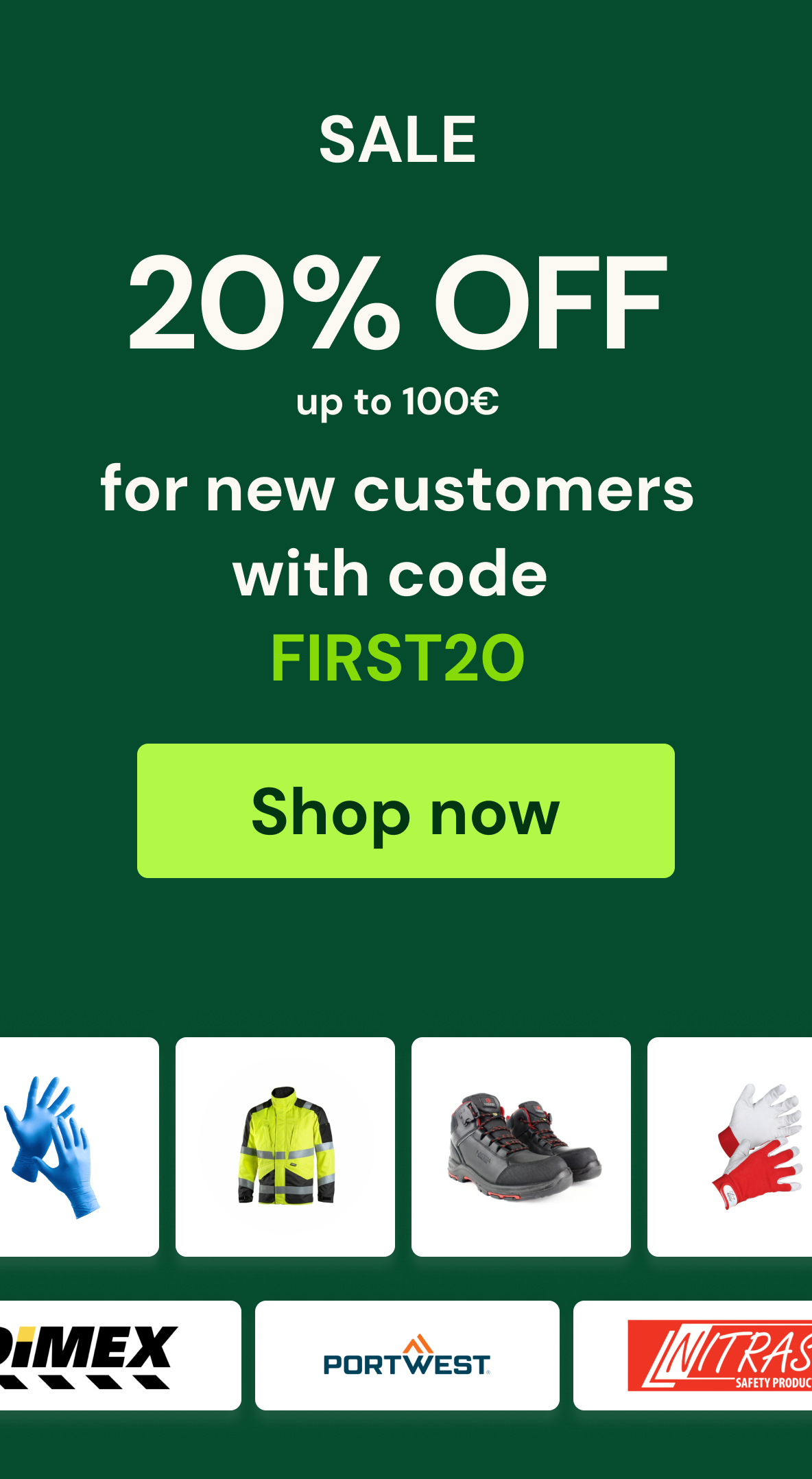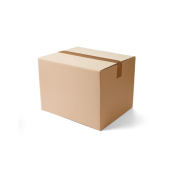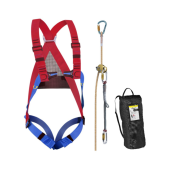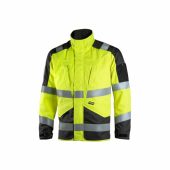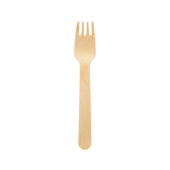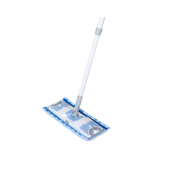Over the past years, procurement professionals all over the globe were faced with the unprecedented challenge of sourcing goods and materials while navigating significant supply chain disruptions such as major delays, shortages, transportation restrictions, and inflation – to only name a few.
But every cloud has a silver lining, and 2020 was also the year the procurement industry was able to undergo a major transformation towards new time and cost-effective procurement practices.
These included the digitalisation of industrial buying and a brand-new effort to build a more flexible supply chain. This translated into procurement professionals relying more and more on digital avenues for their wholesale purchases and diversifying their pool of suppliers to reduce dependence on a single source.
This new landscape created the perfect opportunity for companies to shift to digital wholesale and rip the benefits of procuring their supplies from an industrial online marketplace.
After all, industrial wholesale marketplaces provide the extensive range of products and suppliers modern buyers need, as well as streamlined purchasing processes, competitive pricing, and much more. For instance, we invite you to take a look at these success stories where procurement professionals and their teams were able to not only overcome challenges but to build a thriving supply chain while achieving impressive savings of up to 20%.
Of course, buyers like you know the benefits and challenges of procurement, and you might have a lot of questions about how an online wholesale marketplace can help you find better prices and terms for your wholesale purchases.
That’s why we’ve gathered the 5 most-asked questions procurement professionals have concerning online marketplaces. We’ll start from the basics and then dive deeper into how you can recognise a trustworthy marketplace and get the most out of it.
Here are the questions:
- What is a B2B Wholesale Marketplace?
- How Does An Online B2B Marketplace Differ From Traditional Procurement?
- Is E-commerce the Same As Marketplace?
- Should I buy Wholesale Through A B2B Marketplace?
- How Can I Verify The Authenticity and Quality Of the Products?
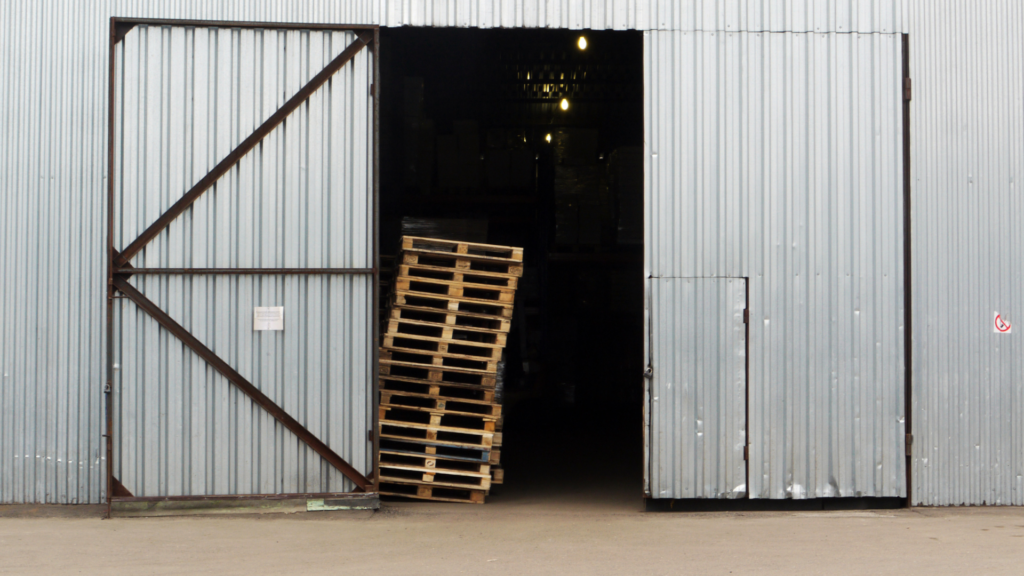
What is a B2B Wholesale Marketplace?
Traditionally speaking, a wholesale marketplace is an online or physical location where buyers can procure products in bulk taking advantage of volume deals.
These marketplaces typically offer an extensive range of products and are designed to simplify the procurement process by bringing together a large number of suppliers and products in one location.
But how do they differ from traditional procurement? We will answer this question in the following section.
How Does An Online B2B Marketplace Differ From Traditional Procurement?
In a nutshell: ongoing availability, extensive catalogue, competitive prices, and comparison tools are the main differentiators between an online wholesale marketplace and traditional procurement.
Here is exactly what we mean:
- Ongoing availability: traditional procurement methods typically involve visiting suppliers in person or communicating with them over the phone, which can be time-consuming and require more resources. On the other hand, online B2B marketplaces are available 24/7 and can be accessed from anywhere with an internet connection.
- Extensive catalogues: online B2B marketplaces offer a wider range of both products and suppliers to choose from, all in one place. While traditional procurement methods are often limited to a selected group of suppliers and products, an online marketplace can host thousands of suppliers and millions of products. For instance, Droppe’s industrial catalogue includes 150,000+ SKUs from over 100 vetted European suppliers.
- Competitive prices: online B2B marketplaces can provide more competitive prices as they host multiple suppliers and buyers can leverage standardised data points to compare prices and identify deals. This means that you can find cheaper alternatives, better quality fits, and plenty of new products. Moreover, B2B marketplaces don’t have the expenses associated with maintaining a physical storefront or a warehouse, and these savings can be passed on to buyers in the form of lower prices. Traditional industrial procurement methods don’t have the same level of price transparency and competition.
- Comparison tools: price comparison, product comparison, supplier evaluation, you name it. Online marketplaces can provide you with a never-seen-before wealth of data on products and suppliers which can be used to optimise sourcing and reduce procurement costs. All in all, you’ll enjoy all the pros of buying through a traditional wholesaler but with the additional benefit of a plethora of suppliers to choose from all in one place. Traditional industrial procurement methods rely mainly on personal relationships that don’t provide the same level of transparency, convenience, and control.
- Cost-effective custom quotes: sometimes you might not be able to find exactly what you’re looking for, but this doesn’t mean there aren’t better and more convenient alternatives for you. For us at Droppe, there’s no such thing as “No matches found!” – our catalogue includes 150,000+ SKUs and it’s always growing. That’s why we warmly recommend reaching out to our Supply Chain Managers for a custom quote tailored to your needs.
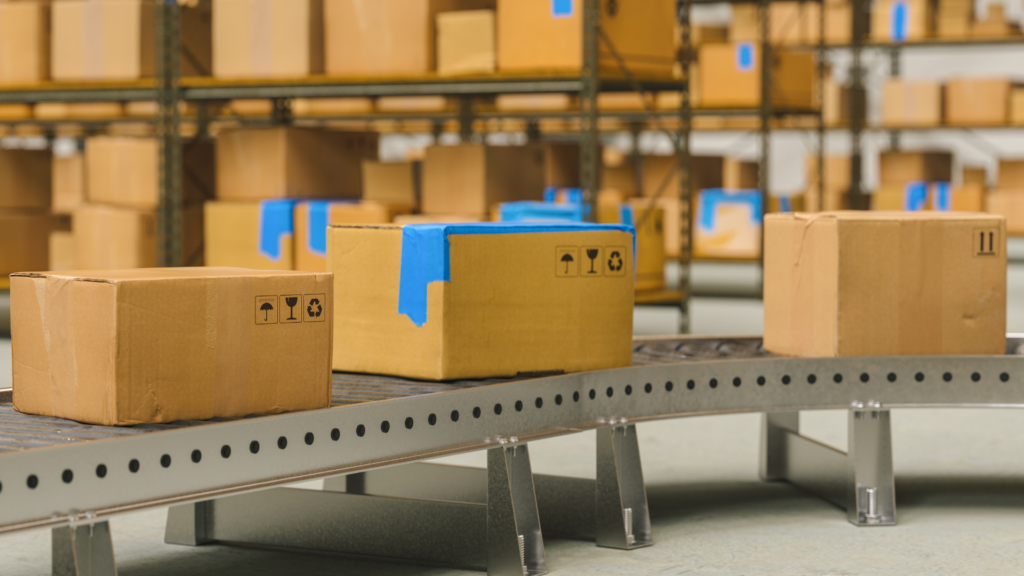
Is E-commerce the Same As Marketplace?
Yes and no.
A marketplace can be considered a type of e-commerce, but it’s not quite the same thing. The term e-commerce refers to the buying and selling of goods and services online, while a marketplace is a platform that facilitates these transactions.
When it comes to B2B wholesale marketplaces, these are specifically designed for businesses and procurement professionals looking to purchase quality and certified products in bulk and at a competitive price.
Wholesale marketplaces also focus on specific niche markets or industries such as construction, agriculture, and food manufacturing to name a few.
Should I buy Wholesale Through A B2B Marketplace?
We’ve already mentioned in question #2 “How Does An Online B2B Marketplace Differ From Traditional Procurement?” some key benefits of buying wholesale through an online B2B marketplace such as an extensive catalogue, competitive prices, and comparison tools.
That’s why buying wholesale through an online marketplace will help you:
- Gain total control of your procurement process
- Secure the best volume deals
- Cut costs (up to 20%)
- Amplify your pool of suppliers
- Mitigate critical risks (supply chain disruptions and price volatility, among others)
All in all, online marketplaces can be beneficial for a wide range of buyers, from small and medium-sized businesses all the way to procurement professionals.
How Can I Verify The Authenticity and Quality Of the Products?
This is probably one of the most critical questions wholesale buyers can ask themselves, and here are three easy action steps you can follow when assessing a B2B marketplace:
- Check for certified suppliers: trustworthy marketplaces will always specify what type of safety standards and labels each product comes with. Think of protective gloves, for instance, a reliable marketplace will always list Tear Resistance Level, Cut Resistance Level, Heat Contact Level and many more.
- Look for detailed product listings: always look for detailed product information, a list of use cases, and high-quality images. As a rule of thumb, be wary of listings that have little or no information or low-quality images.
- Request samples: what if the product is of bad quality or simply not the right fit for the use cases of your business? We know this is a tangible risk, and that’s why we made it our priority to help you find the best products for your business. Droppe’s wholesale buyers have the option of receiving samples to inspect the quality of the products before committing to a larger purchase.

Conclusion
The way we used to buy and sell wholesale has radically changed, but procurement professionals from all over the globe are now witnessing the benefits of procuring their go-to products in wholesale quantities online and relying on a marketplace to streamline their purchasing processes.
Competitive prices, extensive catalogues, and practical comparison tools are only the tip of the iceberg. Make sure to check Europe’s most extensive industrial catalogue or get in touch with your dedicated Supply Chain Manager for a custom quote on your must-have supplies.



